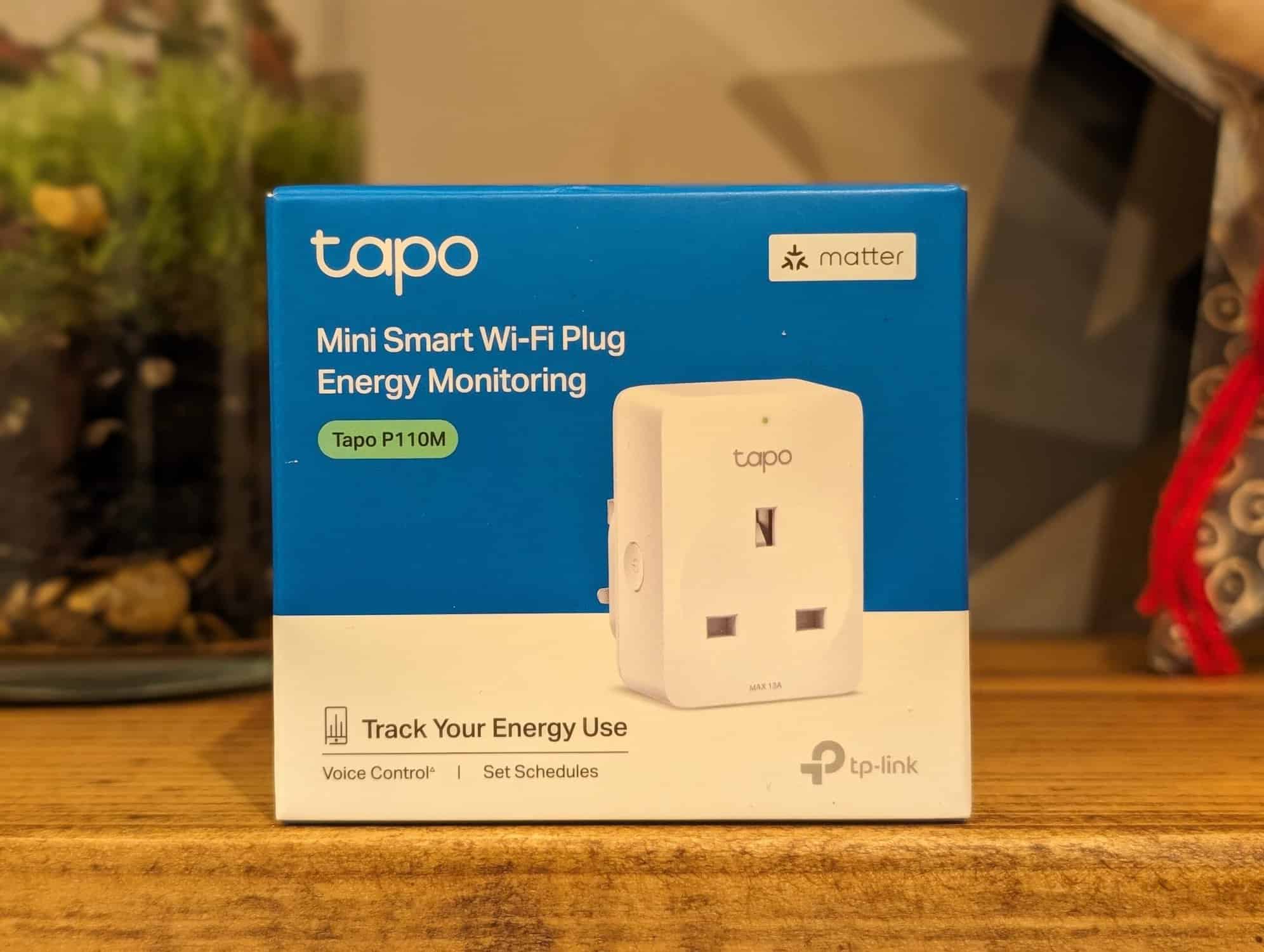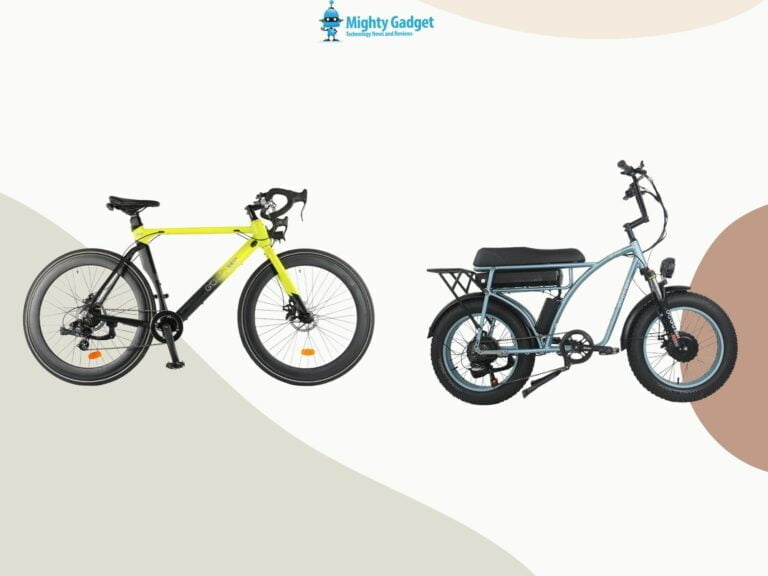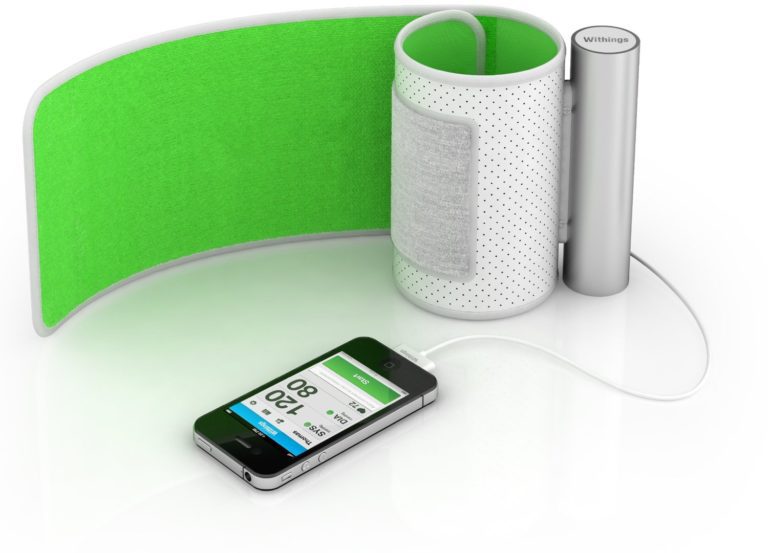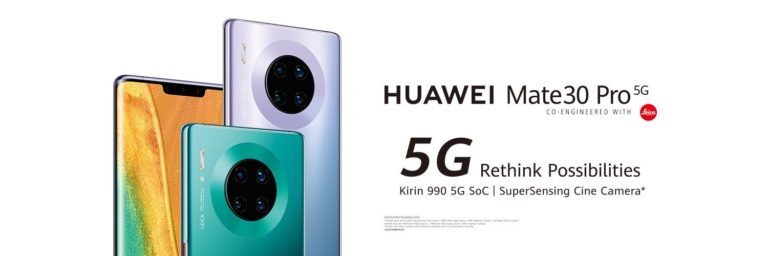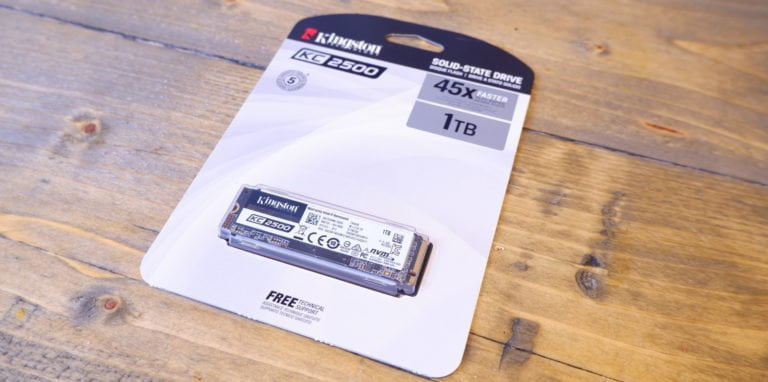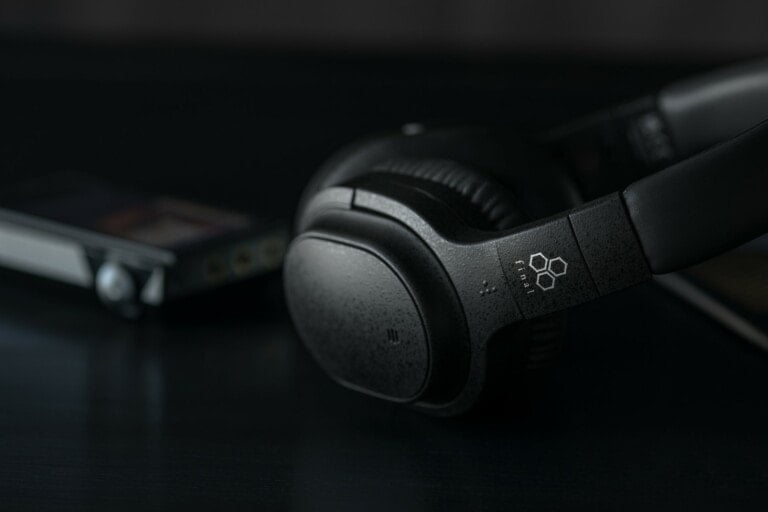Any links to online stores should be assumed to be affiliates. The company or PR agency provides all or most review samples. They have no control over my content, and I provide my honest opinion.
As I have written a few reviews of devices that support Matter I thought it would be beneficial to write an article covering what Matter actually is.
Matter is an open-source, IP-based networking protocol that enables smart home devices to communicate locally without relying on the cloud or proprietary ecosystems like Amazon Alexa, Google Home/Nest, or Apple HomeKit.
The goal of Matter is to solve the fragmentation problem in the smart home industry by getting brands and manufacturers to build Matter compatibility into their devices. This will allow smart home products to work together seamlessly, regardless of the ecosystem or brand.
Matter was launched in October 2022 by the Connectivity Standards Alliance (CSA), a consortium of over 200 companies involved in the smart home industry, including Amazon, Apple, Google, Samsung SmartThings, IKEA, and Signify (Philips Hue).
Key Benefits of Matter
The key benefits of Matter for consumers are:
- Simplicity: Easy setup directly within a mobile app instead of needing proprietary hubs or bridges.
- Interoperability: Devices will work together locally regardless of brand, removing walled gardens.
- Choice: Consumers will have more freedom to choose smart home devices based on features rather than ecosystem restrictions.
- Security: Matter uses state-of-the-art security techniques like DTLS and encryption.
- Reliability: Local connectivity removes reliance on cloud services, improving reliability.
For brands and manufacturers, Matter reduces R&D costs related to supporting multiple smart home ecosystems while still allowing differentiation above the connectivity layer.
Supported Ecosystems & Hubs
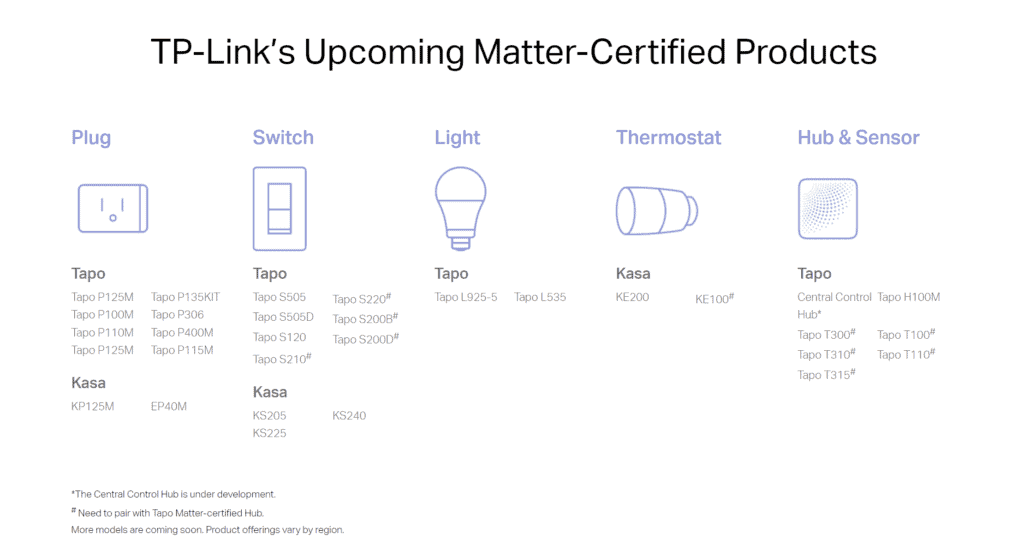
The biggest smart home platforms – Amazon Alexa, Google Home, and Apple HomeKit – have all committed to supporting Matter devices.
This means Matter-certified devices will work locally with:
- Amazon Echo speakers
- Google Nest Hub displays
- Apple HomePod speakers
As well as hubs like:
- Amazon Echo 4th Gen and newer
- Google Nest Wifi Router
- Apple HomePod Mini
- Samsung SmartThings Hub
- SwitchBot Hub 2
- Aqara M2 Hub
Many Matter devices will also have Thread mesh networking capabilities allowing them to connect directly with compatible Thread border routers.
Thread Support
Thread is a low-power mesh networking protocol which Matter leverages for direct, hub-less device-to-device connectivity.
Thread networks support up to 250 devices connected simultaneously with encryption, making it ideal for homes.
Border routers that enable Thread networks include:
- Google Nest Wifi Router
- Apple HomePod Mini
- Amazon Echo (4th Gen and newer)
- Samsung SmartThings Hub
So Matter devices with Thread can connect directly to those routers without a smart home hub required.
How Matter Works
Matter uses IP-based networking, with connectivity options including Thread, Wi-Fi, and Ethernet.
It uses a device-focused architecture with four key components:
Matter Devices
These are hardware devices like lightbulbs, switches, sensors, locks, and bridges that are Matter-certified.
Devices have a Matter software stack which handles networking, messaging, and translating between Matter and proprietary ecosystems.
Matter Clients
The Matter client provides the user experience and controls the Matter devices. This is an app on a smartphone, tablet, or voice assistant.
Matter Commissioning
This is the initial setup process for onboarding Matter devices. Users can simply scan a QR code on the device using the Matter client app.
Matter Administrator
This is responsible for managing permissions, ownership transfers, software updates, and monitoring the status of Matter devices.
Commissioning Process
The commissioning process for adding new Matter devices is designed to be extremely simple:
- User downloads the Matter client app and creates an account
- User powers on new Matter device
- Device broadcasts commissioning information via Thread/Wi-Fi
- User scans device QR code using Matter app
- Device paired with Matter app over IP network
Once added, the device will work locally with other Matter devices without needing the cloud.
Current Limitations
As Matter just launched in October 2022, there are some current limitations:
- Limited number of launched devices so far
- Most existing smart home devices need firmware updates to support Matter
- Full features and specs not yet utilized
- Some promised integrations not yet available
However, the number of Matter-certified devices is expected to grow significantly in 2023 and beyond.
The Future of Matter
While Matter has great promise to fix smart home fragmentation, it will take time.
There are still unanswered questions around how well Matter will co-exist with proprietary ecosystems, whether companies will fully embrace open standards, and if Matter alone can deliver a seamless smart home experience.
But overall, Matter has the potential to finally bring simplicity, compatibility, and freedom of choice to the complex smart home industry.
I am James, a UK-based tech enthusiast and the Editor and Owner of Mighty Gadget, which I’ve proudly run since 2007. Passionate about all things technology, my expertise spans from computers and networking to mobile, wearables, and smart home devices.
As a fitness fanatic who loves running and cycling, I also have a keen interest in fitness-related technology, and I take every opportunity to cover this niche on my blog. My diverse interests allow me to bring a unique perspective to tech blogging, merging lifestyle, fitness, and the latest tech trends.
In my academic pursuits, I earned a BSc in Information Systems Design from UCLAN, before advancing my learning with a Master’s Degree in Computing. This advanced study also included Cisco CCNA accreditation, further demonstrating my commitment to understanding and staying ahead of the technology curve.
I’m proud to share that Vuelio has consistently ranked Mighty Gadget as one of the top technology blogs in the UK. With my dedication to technology and drive to share my insights, I aim to continue providing my readers with engaging and informative content.

